Top ancient nations that appeared earliest in human history #3
Humans appeared on Earth about 200,000 years ago and went through many stages: tribes, primitive communes, city-states... until the formation of nations about 5,000 years ago. In history, there are many powerful ancient countries that are the cradle of civilization such as Egypt, India, Greece, China, Rome... Let's join Toplist to get to the Top 15 ancient countries appeared earliest in human history.
Ancient Greek
Originating from the island of Crete, ancient European civilization began to spread to the Mediterranean region and flourished, creating ancient Greece. Ancient Greece is also one of the most typical civilizations in the Top 15 ancient countries that appeared earliest in human history.
From around 1,200 BC, city-states appeared but went through a dark period, until around 800, ancient Greece flourished. Athens holds a key position and is considered the capital of ancient Greece. Another city-state no less famous than Athens is Sparta - the city-state of warriors
Ancient Greek civilization flourished with many architectural works and sculptures; is home to the Olympic Games which have now become the world's largest. When talking about ancient Greece, we cannot help but mention Greek Mythology, including folk stories about ancient Greek gods, kings, and heroes, passed down by folk and troubadours. Homer. Homer's two most typical works, the Iliad and the Odyssey, tell about the attack on Troy by the ancient Greek coalition led by King Agamemnon and the hero Ulysses' journey to return home after many years. years of battle at Troy. These two works have become classics and are among the pioneering works of world literature.
Ancient Greece is also famous as the cradle of Western philosophy and mathematics, with many philosophers and mathematicians such as Euclid, Archimedes, Thales, Socrates, Plato, Aristotle... They are all mathematicians. or famous ancient philosopher, considered a forefather in the fields of mathematics and philosophy.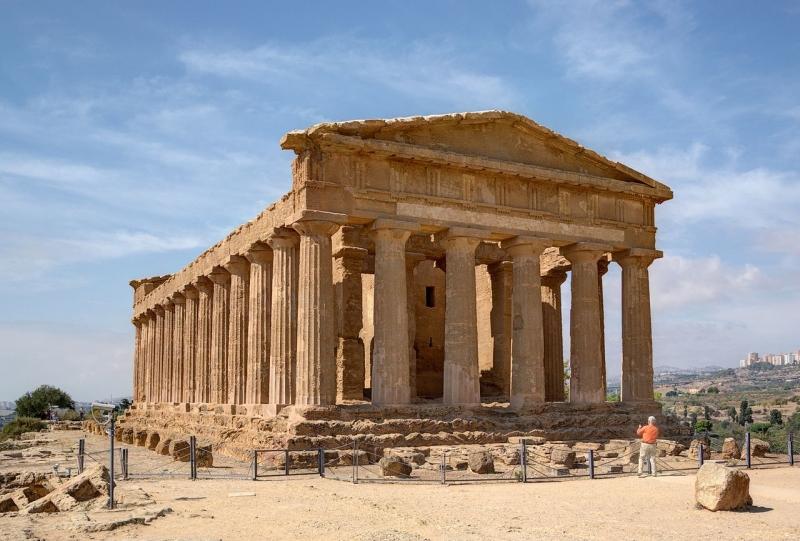
Ancient Greece was the most powerful country in the Mediterranean region at that time. Ancient Greece's colonies extended from the South of the Black Sea, covering Central Europe, up to Eastern Europe and bordering Asia Minor. However, ancient Greece also had to confront other powerful forces at that time, typically the invasion of the Persian Empire led by emperor Xerxes. Under the support of Sparta commanded by Leonidas I, Athens was able to retreat before being attacked by the Persian Empire, and then ancient Greece had a spectacular counterattack, defeating the Persian Empire. both on the island and the mainland to regain lost lands.
Ancient Greece collapsed at the hands of Alexander the Great - head of the Macedonian Empire. Alexander the Great was one of the greatest military leaders in history, who turned the Macedonian Empire into a formidable force by conquering both ancient Greece and the Persian and Egyptian Empires. Later, ancient Greece became part of the Roman Empire when the Roman Empire became the number one power in Europe
Macedonian Empire
Initially, Macedonia was just a small colony of ancient Greece. Greek migrants arrived here and fought over land with the native Macedonians. After that, Macedonia became a city-state and gradually became an independent country, located in the north of ancient Greece. The Macedonian Empire was officially established in the 7th century BC, but it was not until the reign of King Phillip II that the Macedonian Empire became a powerful force. The Macedonian Empire gradually occupied many city-states of ancient Greece, and Philip II also plotted to annex ancient Greece, but he was assassinated before completing it.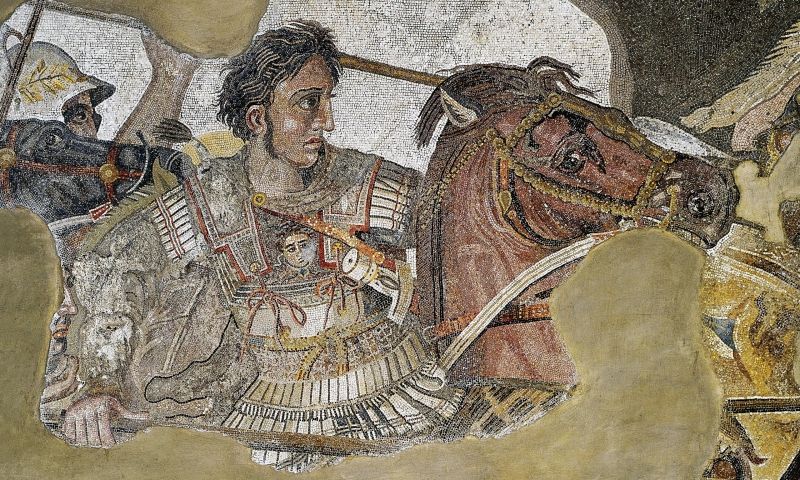
The military power of the Macedonian Empire was left to Alexander the Great. After conquering ancient Greece, Alexander the Great continued to send troops to attack the countries of Asia Minor, thereby annexing the Persian Empire, as well as annexing the southern region of Egypt. Most of the major countries at that time in Europe and Africa had subdued the Macedonian Empire. However, after the death of Alexander the Great, the Macedonian Empire fell into chaos and prolonged civil war.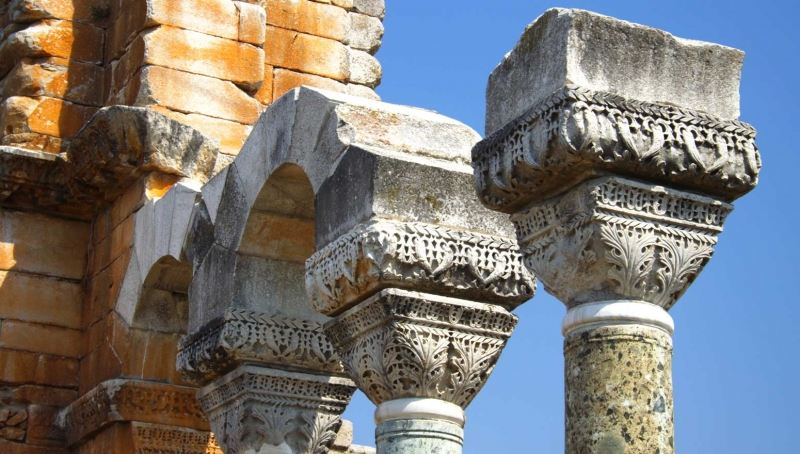
At the same time, the Roman Empire began to grow into a new power and eventually, the Macedonian Empire was defeated by the Roman Empire in 168 BC, before being officially turned into a Roman province in 149 BC, marked the end of a mighty empire
Persian Empire
The Persian Empire was one of the most powerful powers in ancient West Asia. The Persian Empire was founded by Cyrus the Great in 550 BC and the Persian Empire quickly conquered ancient Babylon. From then on, the kings of the Persian Empire called themselves "Kings of Kings". The Persian Empire was the first Asian empire to ever conquer Europe, during the reign of Darius I. During the reign of Xerxes I, the Persian Empire went to war with ancient Greece and attacked the city. Athens, but then had to retreat because of a counterattack from ancient Greece. The outstanding feature of the powerful Persian Empire army is that they used many elephants in combat, giving their army destructive power.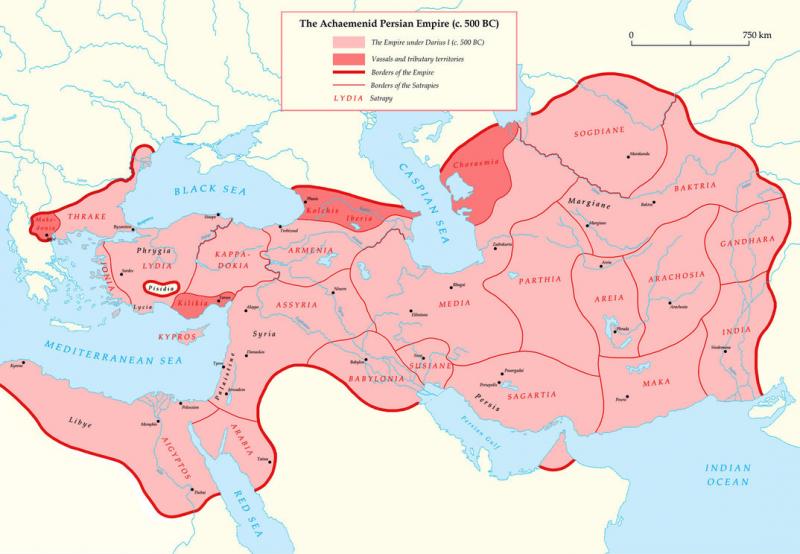
At the time of its prosperity, the Persian Empire was the most powerful empire, even larger in area than ancient Greece. The Persian Empire was the first empire to unify and master the entire Middle East and West Asia, and unified this entire region into an organized state. The Persian Empire built many magnificent and magnificent cities, with a pious culture typical of the Middle East. The culture of the Persian Empire had a wide influence on the entire Middle East, West Asia, North Africa, India and even China.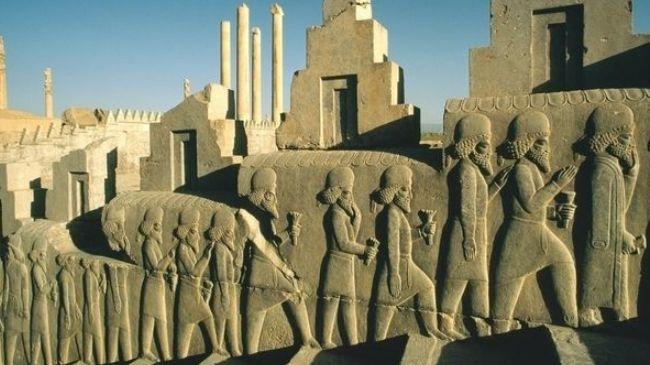
The Persian Empire collapsed in 330 BC under Darius III when defeated by Alexander the Great. From there, the Persian Empire became part of the Macedonian Empire, before gaining independence and establishing the state of Parthia when the Roman Empire defeated Macedonia. From there, Parthia and the Sassanid Empire (also known as the Neo-Persian Empire) later became a power in the Middle East, confronting the Roman Empire. Even under the Neo-Persian Empire, the Roman Empire was considered equal to itself and the Roman Emperor called the Neo-Persian Emperor "Brother". The Neo-Persian Empire collapsed in 651, when it was attacked and overthrown by Muslim armies. The country next to the current Persian Empire is Iran.
Aksumite Kingdom
Aksumite Kingdom. This sub-Saharan empire had vast reach and power for many centuries in late antiquity. The ancient Aksumite kingdom was located in present-day Ethiopia. This rich African civilization celebrated its achievements with monuments such as King Ezana's stele in Stelae Park, Ethiopia.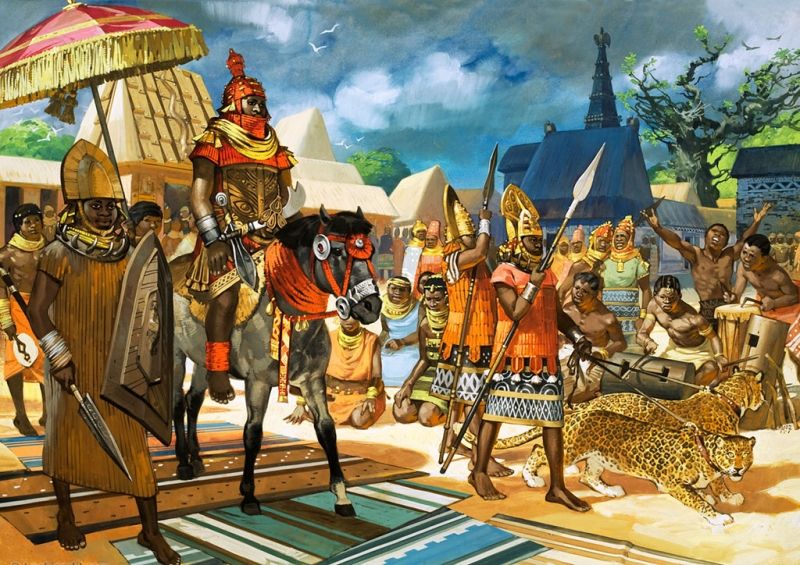
The Aksumite Kingdom was an ancient kingdom in North Africa, present-day Ethiopia. The Aksumite Kingdom existed from 100 BC to 940. Due to its remote geographical location and strong power in North Africa at that time, the Aksumite Kingdom was not attacked by the Roman Empire and was one of the countries that established Established close diplomacy with the Roman Empire. The Aksumite Kingdom was the intermediary of trade and commerce between the Roman Empire and South Asian and East Asian countries such as India and China.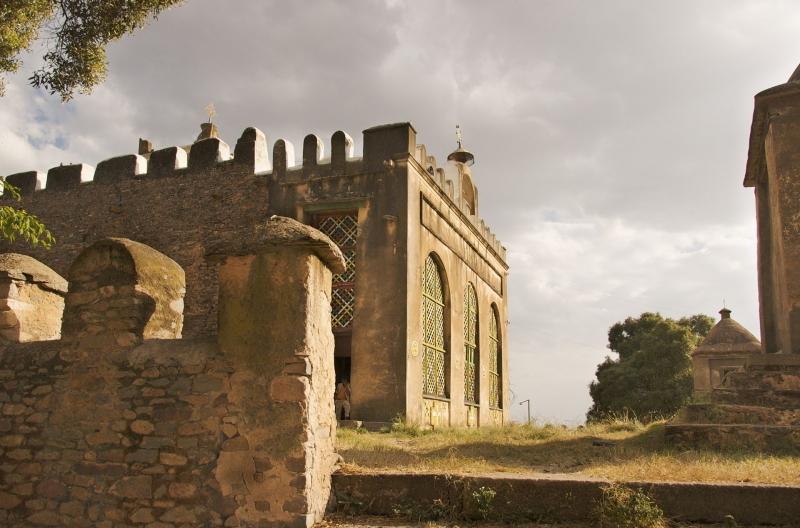
Since the appearance of ancient Egypt, readers have just gone through a period full of ups and downs in human history, with powerful states, empires, and epic conflicts. Although to this day, those powerful empires have collapsed and given way to new states and powers such as America, Russia, China..., but the Top ancient countries that appeared earliest in history Humans are still great civilizations, having a profound influence on future generations.





















![[LIVE] Engage2Earn: auspol follower rush](https://cdn.bulbapp.io/frontend/images/c1a761de-5ce9-4e9b-b5b3-dc009e60bfa8/1)


















